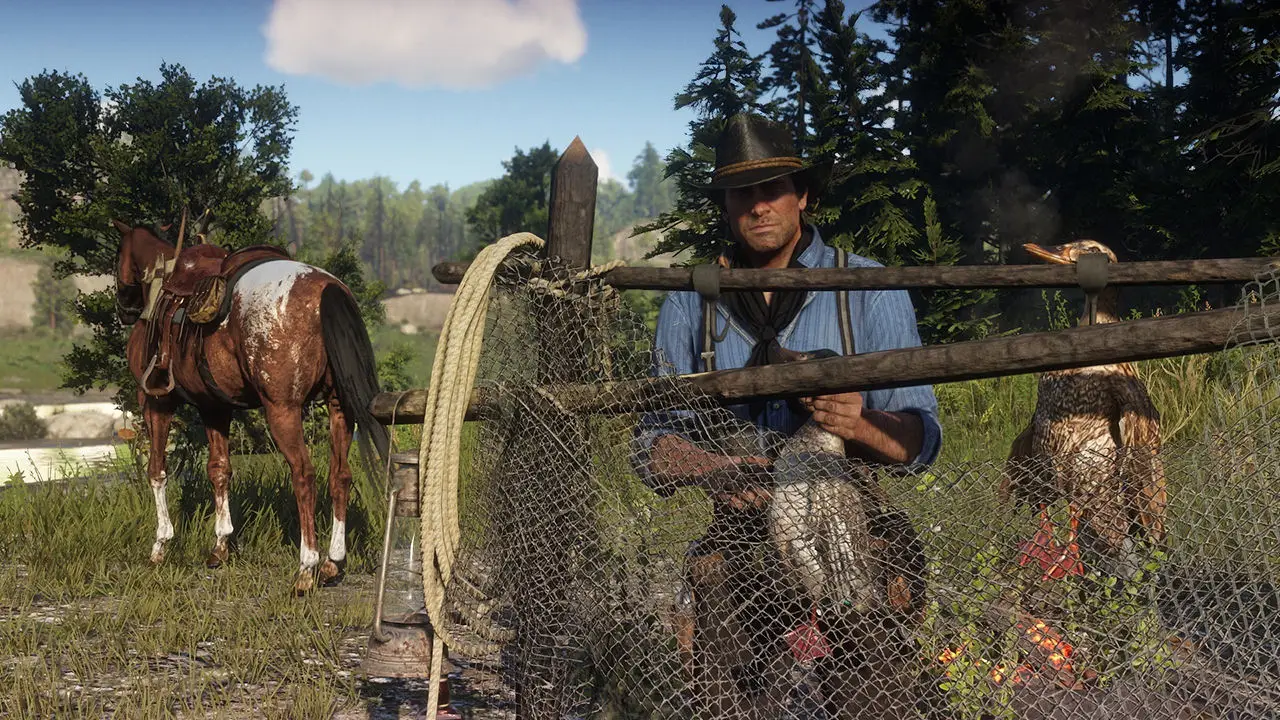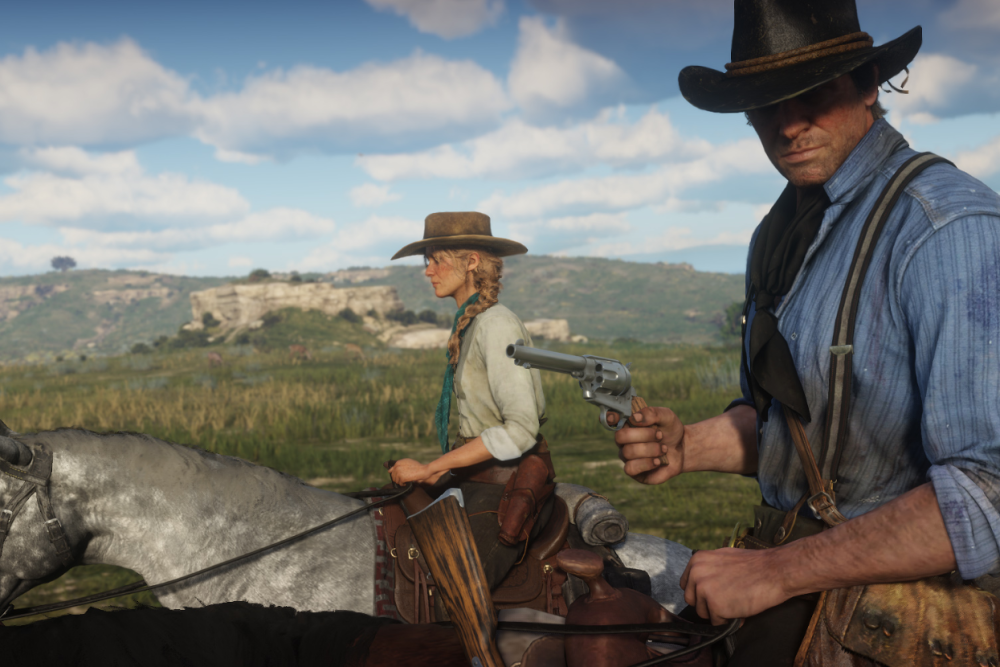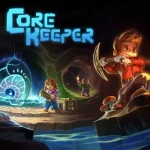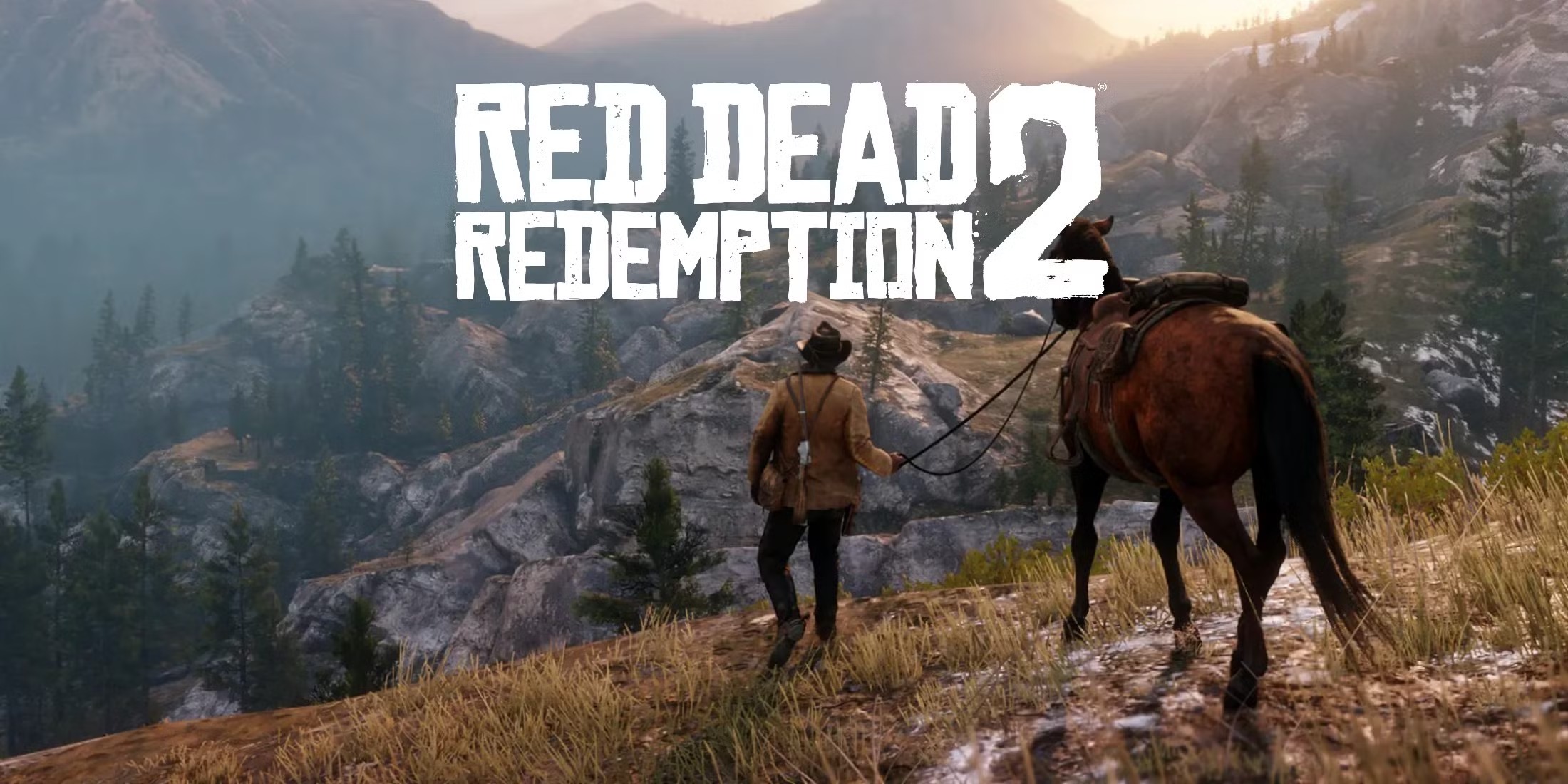Popular Now
Introduction
One of the most compelling narratives in Red Dead Redemption 2 is the gradual collapse of the Van der Linde gang. At the start of the game, the gang appears united and full of idealistic ambitions. By the end, it is shattered by betrayal, delusion, greed, and conflicting loyalties. This article explores how Rockstar masterfully crafted the gang's disintegration across chapters, revealing the psychological breakdown of its members, the shifting power dynamics, and Arthur Morgan’s emotional journey from loyalty to disillusionment.
The Foundation of the Gang's Brotherhood
At the game’s outset, the Van der Linde gang functions as a tight-knit surrogate family. Dutch is the charismatic leader who claims to fight for freedom, and the others believe in his vision.
The early chapters show moments of genuine camaraderie: sitting around campfires, sharing stories, and working together on heists. Dutch’s ideals, while flawed, still resonate with many gang members, particularly Arthur and Hosea, who’ve been with him the longest.
However, the seeds of tension are already present. Dutch’s leadership relies heavily on manipulation and maintaining his mystique. As circumstances worsen, this carefully balanced structure begins to falter.

The Beginning of Doubt: The Blackwater Heist Fallout
The game begins with the aftermath of a failed robbery in Blackwater. We never see this mission, but it serves as the catalyst for everything that follows.
Several key effects stem from this failure:
-
The gang loses a large amount of money.
-
They are constantly on the run, never able to settle.
-
Dutch becomes increasingly obsessed with making up for the lost opportunity.
This heist breaks the gang’s momentum. Dutch’s decisions become reactive rather than visionary. Arthur starts questioning Dutch’s judgment, while Micah Bell begins to fill the vacuum with his own agenda.
Hosea’s Death and the Loss of Moral Compass
Hosea Matthews is Dutch’s oldest friend and often serves as the gang’s moral voice. His death during the Saint Denis bank heist marks a turning point.
Without Hosea’s influence:
-
Dutch becomes more paranoid and violent.
-
Arthur loses one of the few people he truly respects.
-
The gang no longer has a rational check on Dutch’s plans.
Hosea's absence accelerates the gang’s moral and strategic collapse. Dutch stops listening to advice and increasingly isolates himself.
Micah Bell’s Corruption and Influence
Micah is introduced early in the game, but his rise to power is subtle and dangerous. He flatters Dutch, encourages recklessness, and sows division.
Micah’s tactics include:
-
Undermining Arthur’s loyalty to Dutch.
-
Reporting dissenters to Dutch and labeling them traitors.
-
Turning Dutch against long-standing allies like John Marston.
Micah serves as a mirror of everything Arthur could have become: selfish, ruthless, and loyal only to power. His influence poisons the gang from within.
Arthur’s Tuberculosis and Spiritual Awakening
Arthur’s terminal illness changes everything. Faced with mortality, he begins to reflect on his life and the choices he’s made.
Key developments:
-
Arthur starts helping others, including the downtrodden and sick.
-
He becomes protective of John Marston and his family.
-
He begins questioning Dutch openly and seeks redemption.
His illness adds emotional urgency to the story. Arthur's arc shifts from loyal enforcer to a man trying to do good before it's too late. His inner conflict becomes the emotional core of the gang’s dissolution.

Camp Tensions and Factionalism
By Chapter 6, the gang is no longer unified. Members start taking sides:
-
Arthur, John, Charles: begin to question Dutch.
-
Micah, Cleet, Joe: support Dutch’s new violent path.
-
Sadie and Abigail: advocate for escape and self-preservation.
This division creates constant tension in camp scenes. The once lively hub of activity becomes riddled with suspicion, whispers, and desertions. The atmosphere becomes toxic.
Arthur's confrontation with Dutch intensifies, especially after Abigail’s kidnapping, revealing how far Dutch has fallen from his original ideals.
Dutch’s Psychological Unraveling
Dutch transitions from a flawed idealist to a delusional tyrant. His famous line—“I have a plan”—becomes increasingly hollow as his decisions lead to disaster.
Signs of Dutch’s breakdown:
-
Speaking in circular logic and abstract ideals.
-
Allowing Micah’s lies to override long-standing friendships.
-
Murdering Cornwall and other targets without a clear goal.
Dutch’s descent is painful to watch because it’s so gradual. His charm fades, replaced by paranoia and brutality. He ultimately abandons Arthur, the man who had been his most loyal follower.
The Fall of the Gang: Betrayals and Departures
By the epilogue, the gang is no more. Some are dead (Arthur, Hosea, Lenny), some vanish (Dutch), and others escape (John, Abigail, Jack).
Notable betrayals:
-
Dutch chooses Micah over Arthur.
-
Dutch allows the gang to splinter without remorse.
-
Micah attempts to eliminate anyone who stands against him.
This fragmentation underscores the theme of loyalty lost. Rockstar effectively shows that what began as a movement built on freedom devolved into a cult of personality and survival of the fittest.
John Marston’s Escape and Legacy
Arthur sacrifices everything to give John and his family a chance at a better life. This decision becomes the final act of redemption for Arthur and marks the symbolic end of the gang.
John’s future:
-
He builds a ranch and tries to live a peaceful life.
-
Sadie and Charles help him settle, showing remnants of the gang’s best values.
-
Dutch reappears one last time in the mountains, but his fate remains ambiguous.
John’s story in the epilogue is both hopeful and tragic—a man trying to leave behind a violent past but always haunted by it.
Rockstar’s Masterclass in Narrative Structure
The fall of the Van der Linde gang is not just a plot point—it’s a masterclass in character development, pacing, and emotional storytelling.
Narrative tools used:
-
Time skips that show growing tension.
-
Camp dialogues that reflect individual perspectives.
-
Environmental storytelling that mirrors internal collapse (e.g., the swamp hideout in Chapter 5).
By the end, the player doesn’t just understand why the gang fell—they feel the weight of every betrayal, loss, and failed dream.
Conclusion
Red Dead Redemption 2 tells one of the greatest stories in modern gaming by showing the fall of the Van der Linde gang through the eyes of Arthur Morgan. It’s a tale of loyalty tested, leadership corrupted, and a family torn apart by greed, delusion, and fate.
Through Arthur’s journey, Rockstar gives players an intimate perspective on the pain of watching something you believed in fall apart. The gang’s downfall is a reflection of the themes that define the Wild West—freedom, justice, betrayal, and redemption.















